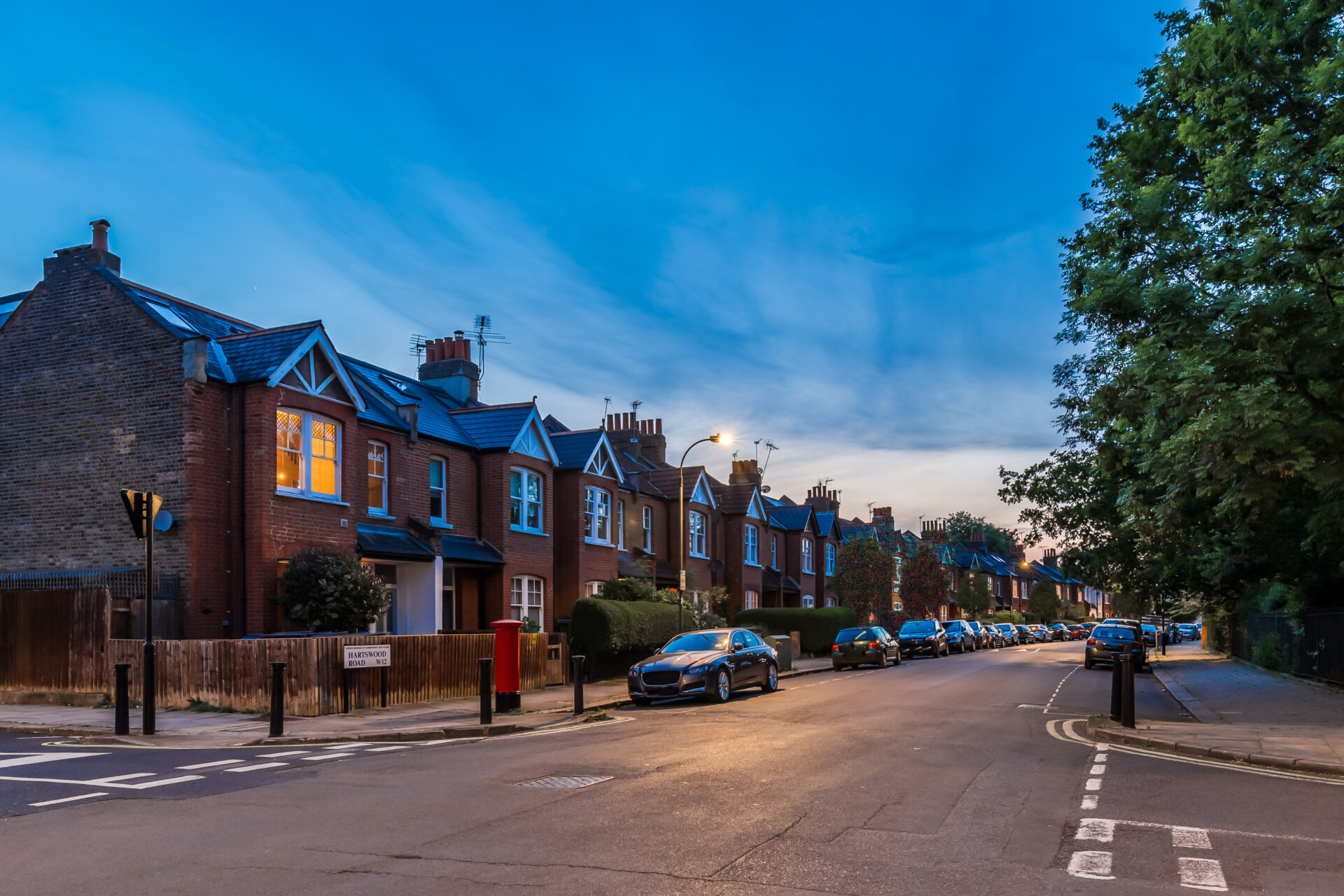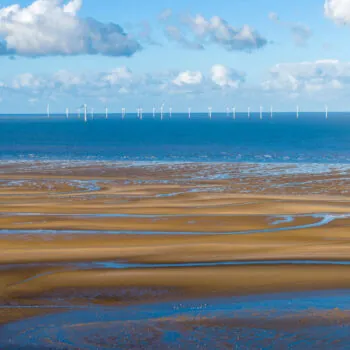Clean, efficient electric heating is one of the best options for government to translate the Clean Power mission into energy bill savings for households. But poor policy decisions stand in the way of consumers feeling the benefits.
Government levies exacerbate fuel poverty
The UK artificially inflates electricity costs with government levies, exacerbating fuel poverty amongst some of the most vulnerable households in the country. As a result, some electrically heated homes face bills up to three times that of homes heated using gas.
Elsewhere in Europe, especially Scandinavia, electric heating is widespread. But in the UK, most homes are heated with gas. As a result, UK policymakers often overlook the impacts of policies on households which use electricity or other fuels like oil. But ignoring these households comes at a social and political cost.
Over 8% of UK households use electricity for heating, and families that do are nearly twice as likely to be in fuel poverty as those using other fuels. The “fuel poverty gap” is also twice as large for these households – meaning they would need twice as much additional income to no longer be fuel poor.
Modernising electric heating could lower bills
Whilst electric heating is more likely to be found in lower income households, running costs are a major factor. Electric heating is still too often more expensive to run than gas.
But it doesn’t need to be. Modern forms of electric heating, such as heat pumps, have the potential to be three times more efficient than a gas boiler, and can make better use of cheap off-peak renewables. Electric heating should be the low-cost, low-carbon heating solution, allowing Britain to decarbonise whilst also reducing fuel poverty. So what’s going wrong?
Right now, outdated policies and technologies prevent electrically heated households from benefitting from low-cost renewable energy.
Electric heating users pay nearly 8 times as much in levies and taxes as gas heating users. This not only increases costs overall; it also reduces incentives to use off-peak energy by drowning out price differentials. Too often this means wind turbines get turned off on windy days, when we could have used their super-cheap electricity to heat homes instead.
Many electric heating systems are also out of date. They aren’t set up to be “smart” – running at off-peak times, using cheap off-peak renewable electricity. These cheap off-peak renewables weren’t an option when these heating systems were first installed – but they are now.
Cheap, clean power should be lowering bills for these electrically heated households. But right now, they are blocked from feeling the benefits.
Government needs to act to unlock cheaper tariffs
These problems need to be addressed. Not just for the 8% of households who already use electric heating, but also so that electric heating can become a lower-cost alternative to oil or gas. Most UK households will need to switch to heat pumps or other forms of electric heating by 2050. If this transition is to maintain widespread support, lower carbon heating must also mean reliably lower bills.
Some energy suppliers already offer a limited range of tariffs specifically aimed at electric heating. However, there are barriers to offering these more widely. As a result, these tariffs are only available to a small number of households and are sometimes offered at a loss by the supplier.
The government must act to enable new, more affordable electric heating tariffs – offering cheap, clean, low tax electricity for electric heating to a wider range of households. Removing policy levies alone could reduce bills for the average electrically heated household by over £500 per year – delivering for these households on Labour’s pre-election pledge to reduce bills by £300 per year.
Introducing the recommendations set out in E3G’s Electricity Bills Charter would reduce bills even further – for all households, not just those with electric heating. Combining the two would deliver benefits for all, whilst also introducing a vehicle for delivering benefits targeted towards those in need of the greatest support.
With new affordable tariffs, modern forms of electric heating could at last offer reliably cheaper bills than fossil fuels. This would align Labour’s ambitions on fuel poverty reduction with the Warm Homes Plan – and pave the way for mass electrification of heat in social housing and fuel poor households.


